Estate Planning, What’s That?
The Griffin Firm has a primary purpose of educating and creating estate plans. We have given presentations to thousands of people and have written articles for print and on line. We are immersed in the world and so I am surprised and amazed at the number of people who don’t know what we are talking about when we use the term “estate plan”. I believe that my people perish for the lack of knowledge. Therefore, we are committed to building the knowledge base of those whose lives we touch.
Estate planning is taking active steps to preserve, protect and transfer assets beyond our life time. We start by asking 3 questions. What happens if you are sick and are unable to make decisions and actions for yourself? What happens when you die to your body and your stuff? What is the legacy that you would like to leave to your family and community?
If we become sick and are unable to make financial decisions or pay our bills we should have someone identified to act on our behalf. We also should identify someone to carry out our wishes regarding our health care decisions if we cannot articulate them for ourselves. Unfortunately, we don’t always plan for this and in our most vulnerable condition someone could step up who does not have the integrity or sophistication to manage the assets that are necessary. More and more we are hearing about financial exploitation of the most vulnerable. . A Power of Attorney is a document that can enable someone to act on our behalf for financial and business matters during our life time. The Power of Attorney continues to be effective through our lifetime or revocation. It is helpful if we lose capacity through dementia or illness.
We need to be mindful on how to protect our assets. We should be positioning our businesses, homes and property to avoid the probate court, creditor liens, minimize taxation among other considerations. Our future planning to avoid law suits is as important as considering how to protect our assets from divorces of our children and nursing home stays.
When you pass away, although we don’t want to think about it, there are decisions to be made regarding how you want to honor your life. Many times those who are left behind are making the decisions without guidance. Sometimes the person to be honored has left directions or feedback as to what they would like to have happen. Sometimes there are disputes within the family and friends about the preferences. In a time of grief, we typically want those we care about to have as little additional distress as possible. We can make the decisions about how we would like to plan our final party.
The Last Will & Testament is a document that most people have heard of but not necessarily created. The Will gives the Probate court the directions that are needed to distribute your assets after passing. It is a process that is managed and directed by the Court. If you haven’t created your own Will the court will apply the law of intestacy to your assets and distribute them according to the formula. All assets that you own solely in your name that do not have a beneficiary designation must go through the probate process. If there is a need or desire to avoid the Probate process steps to create a Trust must be taken.
I believe it is most empowering to leave a legacy that will position your loved ones and your community better as a result of your life. There are many ways to support our loved ones but it is not going to simply happen if we don’t make a plan. Providing the education of our grandchildren may be as impactful as leaving a community organization an endowment. Very little happens without a plan. Estate planning has been used to create great empires. The absence of a plan has been the devolution of many assets and families. Make the decision to leave a legacy of greatness and strength for your family.


